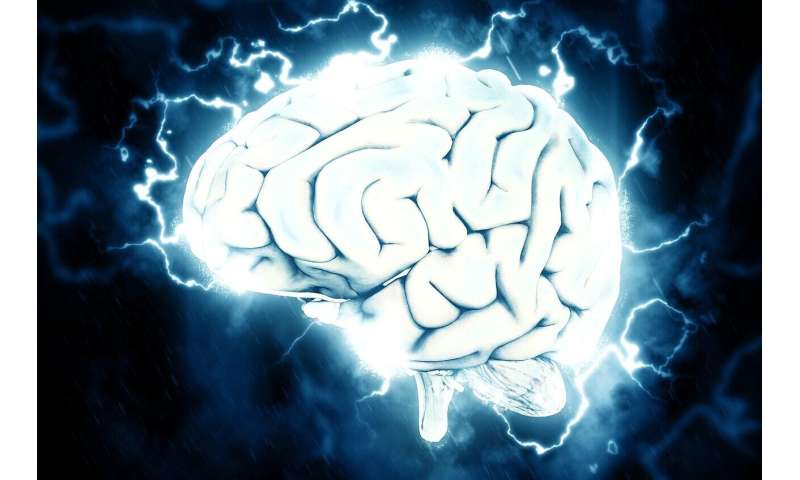Common brain disorders accelerate brain aging


Common brain disorders seem to be associated with accelerated aging of the brain, according to a new international study using machine learning models to analyse structural brain MRI data from more than 45,000 individuals. The researchers discovered that people with memory disorders, multiple sclerosis (MS) and schizophrenia, among other conditions, have an older-looking brain than it really is; however, there is variation between different disorders. The difference between an individual’s MRI-estimated and chronological brain age (known as the brain age gap) correlated with disease-related functional decline, which also seems to be affected by hereditary patterns. The findings were reported in Nature Neuroscience.
“This study is a good example of the possibilities provided by extensive international datasets and modern computational methods,” Professor Hilkka Soininen from the University of Eastern Finland notes.
The University of Eastern Finland participated in the study by contributing data collected in the EU-funded AddNeuroMed study. Collected in Kuopio, the dataset included persons with Alzheimer’s disease or mild cognitive impairment, as well as healthy controls.
The researchers used structural MRI data from more than 45,000 individuals aged between three and 96 years. First, they analysed brain MRI images from more than 35,000 healthy controls in order to train and tune the machine learning models for age prediction. The brain age prediction models analysed the brain on full brain level as well as on the level of individual brain regions. Since the structure of the brain is gender-dependent, separate models were created for men and women. Using these models, the researchers analysed nearly 6,000 brain MRI images from individuals who had a brain disorder or disease, such as MS, schizophrenia, major depressive disorder, mild cognitive impairment or some other memory disorder. Finally, the researchers analysed brain MRI images from more than 4,000 healthy controls who were not included in the original sample used in the creation of the prediction models.
The findings revealed accelerated aging of the brain in people with a memory disorder, mild cognitive impairment, MS or schizophrenia. People with dementia had the largest brain age gap, i.e. four years, when compared to healthy controls of the same age. In addition, age-related changes occurred in different brain regions in different disorders. For example, schizophrenia was associated with accelerated aging of the frontal lobe, major depressive disorder with accelerated aging of the temporal lobe, and dementia and MS with accelerated aging of subcortical regions.
The brain age gap also correlated with disease-related functional decline. In people with dementia, for example, the larger the brain age gap, the lower their Mini Mental State Examination (MMSE) scores.
Genes play a role in the development of many brain disorders. The study also showed that the brain age gaps are associated with genes. In healthy controls, 24% of the variance in the brain age gap was explained by single nucleotide polymorphism (SNP). Many SNPs associated with accelerated aging of the brain were also associated with some brain disorder.
Source: Read Full Article